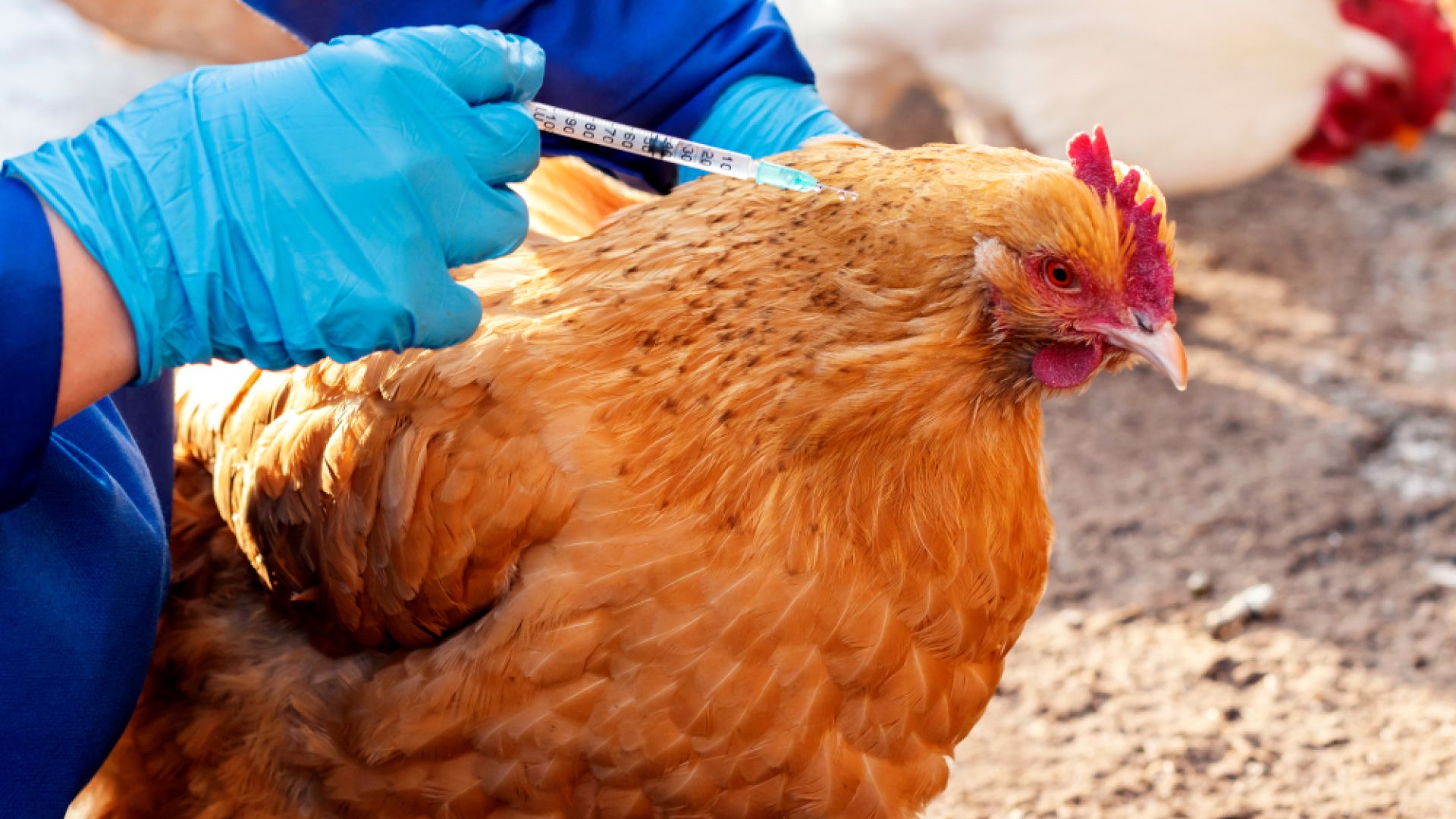Revealing why vaccination failed to control avian influenza

In some countries, vaccination is the most commonly used strategy to control avian influenza. However, the majority of vaccination programmes against the H9N2 avian influenza subtype have proven ineffective against infection and transmission in the field, although these vaccines were reported to work well in laboratory in specific pathogen-free (SPF) chickens.
The reason for this, according to a press release from Wageningen University & Research in the Netherlands, is that maternal-derived antibodies (MDAs) can interfere with the immune response of chickens to vaccination, which are passed on to the unborn chicks through the egg. The presence of MDAs may be one of the reasons why most vaccination programmes against avian influenza have proven ineffective in poultry in practice. This is one of the conclusions of the research on the low pathogenicity H9N2 avian influenza virus currently prevalent in China, which was the subject of Xue Pan’s PhD thesis at Wageningen University & Research.
“Our results highlight that we need to pay more attention to MDA interference of avian influenza virus vaccines in the field, rather than just looking at antigenic distance,” said Pan, adding, “It is important to develop new vaccines to overcome MDA interference in the field.” During his research, Pan has come up with some new vaccines, such as a new adjuvant for the conventional H9N2 inactivated vaccine and turkey herpesvirus vector vaccine to improve the efficacy of the vaccines. Pan has also identified several mechanisms that influence vaccine efficacy.